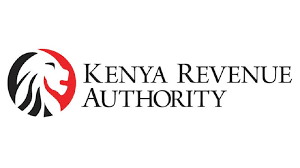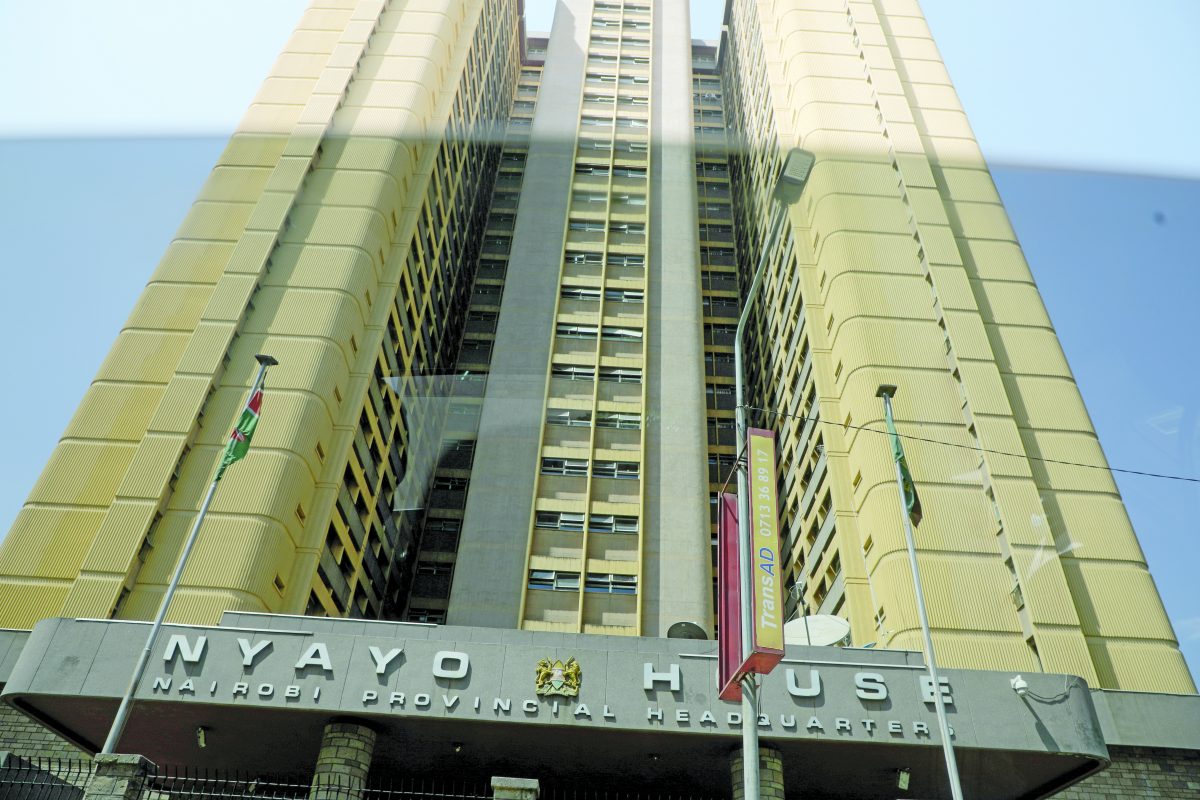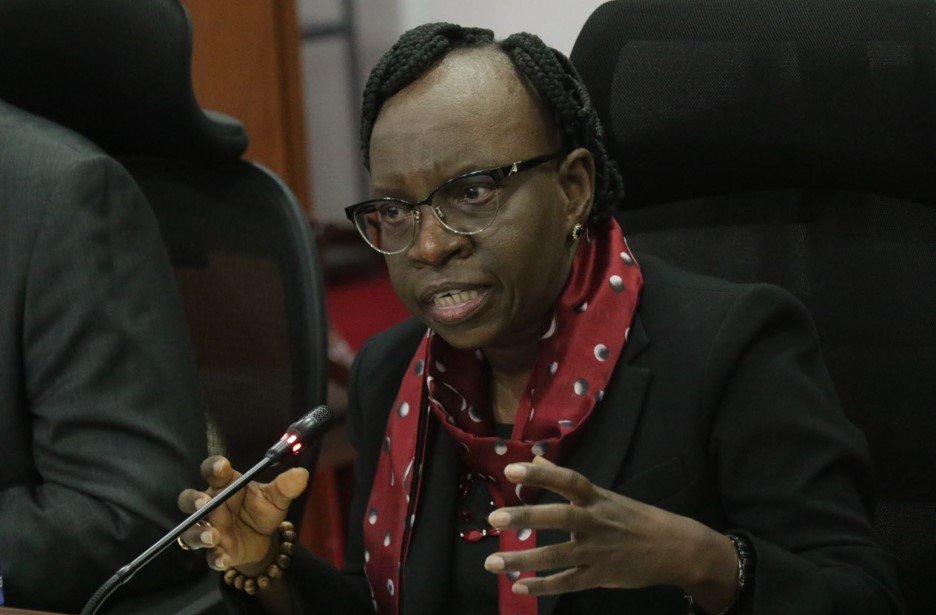‘Sin tax’ on digital ads sparks concerns

Kenya’s digital advertising industry faces uncertain times following the introduction of a 15 per cent excise duty on online advertisements promoting alcoholic beverages, betting, gaming, lottery, and prize competitions by the Kenya Revenue Authority.
While the government defends this move as a measure to deter aggressive marketing of products linked to societal concerns such as addiction, irresponsible behaviour, and health risks, experts warn that the impact on the sector will be profound. These so-called “sin taxes” aim to limit exposure to these products, particularly among vulnerable groups like the youth and low-income earners.
“The first return and payment of excise duty for the manufactured excisable products and excisable services is due on or before January 20, 2025,” said KRA in an advertisement.
Consumers might feel the effects of this tax, as companies could pass on the increased advertising costs through higher prices for products and services. This would make entertainment, beverages, and betting more expensive, impacting household budgets.
This policy is expected to exacerbate financial challenges for the already troubled Kenyan media, many of which heavily depend on such advertisements for revenue.
In recent months, notable media houses have been in the spotlight for laying off significant numbers of employees due to declining revenues, even as alternative media continues to grow and compete for a share of the market.
Alcohol brands, already burdened by heavy taxation, now face additional hurdles as social media platforms, influencers, and other digital marketing channels, central to their advertising strategies, are also impacted by the new levy.
The new tax has increased advertising costs amid heightened regulatory scrutiny for alcohol brands, with some opting to lower advertising budgets as the government intensifies efforts to mitigate the health risks of alcohol consumption. Similarly, betting, gaming, and lottery companies, who are already struggling under the weight of existing taxes, face rising operational costs.
During a public participation forum on proposed business amendment bills at the Kenyatta International Convention Centre (KICC) last November, the Association of Gaming Operators of Kenya (AGOK) warned that increasing the Value Added Tax (VAT) on stakes from 12.5 per cent to 15 per cent would severely affect the sector. They argued that the industry is already burdened by multiple taxes, resulting in high operating costs and discouraging potential investors.
Registrations of new investors
AGOK also noted a growing number of black-market gambling sites, which undermine legitimate operators and reduce the government’s tax collection. “This year we have recorded a notable number of registrations of new investors in the market while at the same time lost investors between 2023 and 2024, and they are not being replaced at the same rate,” AGOK said in a statement.
They further highlighted the complexity of the tax regime, which has led to legal disputes. AGOK had previously advocated for the removal of the 20 per cent tax on winnings and its replacement with a 5 per cent levy on wallet withdrawals.
In the last fiscal year, the Kenya Revenue Authority reported a 207.9 per cent growth in digital services tax revenue from betting companies, contributing Sh5.328 billion to government revenue. While this demonstrates the success of monetising digital advertising, it adds further strain to businesses already operating in a highly competitive environment.
The country’s digital advertising market is projected to grow by 5.49 per cent annually between 2025 and 2028, reaching Sh15.4 billion, with internet advertising expected to surpass television as the dominant medium by 2026. However, the 15 per cent duty on advertisements promoting specific industries could hinder this growth, compounding financial challenges for businesses.
Agness Kalekye, CEO of KBC, noted last year that companies are likely to cut advertising budgets in response to the new tax, leading to reduced revenues for media houses and cost-cutting measures such as layoffs. Consumers are also expected to feel the ripple effects of the tax, as businesses may pass on the additional costs by raising product and service prices. This could make entertainment, beverages, and gaming less affordable for the average Kenyan, impacting household budgets and livelihoods.
According to the Communication Authority of Kenya (CAK), advertising expenditures in the media industry rose to Sh18 billion in the three months ending June 2024, up from Sh16 billion, driven primarily by advertisements from the property, building, and hospitality sectors. However, the advertising surge from other industries may not be enough to offset the challenges posed by the excise duty on alcohol and betting-related promotions.












